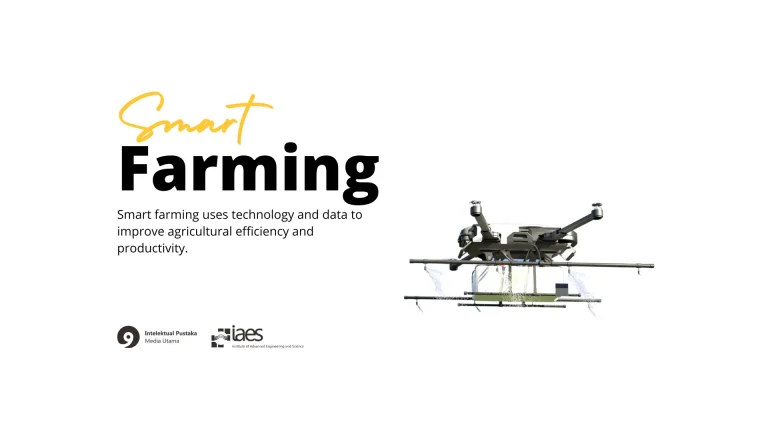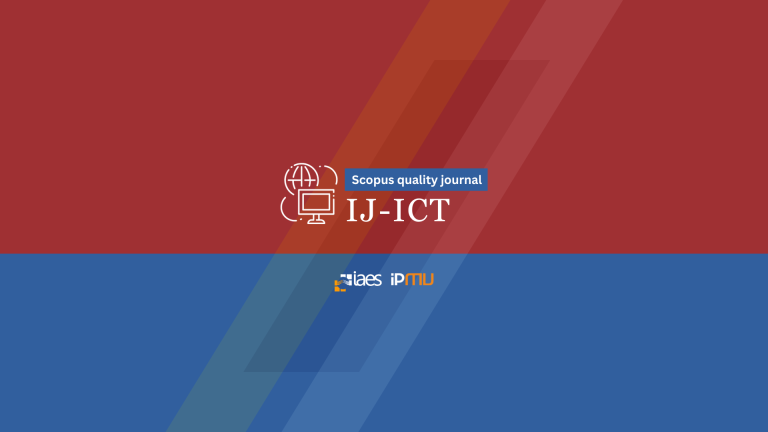Salam, rekan Nawala! Semoga kalian selalu dalam keadaan sehat.
Ini adalah IAES Nawala dari Institute of Advanced Engineering and Science. Hari ini kami akan berbagi kabar mengenai perlunya kesadaran akan serangan siber. Serangan siber adalah upaya untuk merusak atau mendapatkan akses tidak sah ke dalam sebuah sistem. Kesadaran keamanan siber penting untuk memahami dan melindungi diri dari ancaman siber, baik secara personal maupun organisasi, melalui pemahaman risiko, menjaga kebersihan dunia maya, kesadaran organisasi, pelatihan, dan penanganan insiden. Ahmed dkk. (2023) melakukan evaluasi terhadap tingkat kesadaran keamanan siber mahasiswa di lima universitas di Mogadishu. Ditemukan perbedaan signifikan dalam tingkat kesadaran keamanan siber di antara universitas-universitas tersebut, dengan mahasiswa menghadapi berbagai tantangan keamanan siber. Hasil yang didapatkan merekomendasikan pendidikan tentang penggunaan internet yang aman, pemantauan dan pengamanan layanan internet dan komputer, serta pengembangan perangkat lunak keamanan siber.
Cybersecurity awareness among university students in Mogadishu: a comparative study
Adnan Abdukadir Ahmed, Abdikadir Hussein Elmi, Abdijalil Abdullahi, Abdullahi Yahye Ahmed
This study aimed to assess the level of cyber security awareness among graduate and undergraduate students in five universities in Mogadishu. The study used a one-way analysis of variance (ANOVA) to examine the difference in cyber security awareness levels between graduate and undergraduate students across five reputable universities. The questionnaire method was used to collect data from 250 graduate and undergraduate students from SIMAD, SIU, UNISO, Jamhuriya, and Mogadishu universities. The cross-tabulation result showed that there was a significant difference in cyber security awareness levels between the universities. Specifically, the results showed that students from SIMAD and Jamhuriya universities suffered from virus attacks, while SIU students struggled with password strength and social network misuse. Mogadishu students faced phishing and virus attacks, and UNISO students dealt with both virus attacks and password strength issues. The study recommended that universities educate their students and parents on safe internet usage and cybersecurity and monitor and secure their internet and computer services. Additionally, the authors recommended the development of cybersecurity software to help students use their data confidently and securely.
Fadli dkk. (2022) memberikan gambaran umum tentang kesadaran dan pencegahan serangan siber dalam keamanan jaringan. Mereka membahas berbagai jenis serangan siber, tren saat ini, dampak, dan metode pencegahan. Hasil yang mereka dapatkan berfokus pada peningkatan pemahaman mahasiswa Universiti Utara Malaysia tentang ancaman siber dan pentingnya keamanan siber.
Cyber attack awareness and prevention in network security
Zolkipli Mohamad Fadli, Shu See Yong, Low Kai Kee, Gan Hui Ching
This article aims to provide an overview of cyber attack awareness and prevention in network security. This article discussed the different types of cyber attacks, current trends of cyber attacks, how to prevent cyber attacks and uum students’ awareness of cyber attacks. First, we will go over the different types of cyber attack, current trend, impact of cyber attack and the prevention. The approach entailed comparing and observing the outcomes of 13 different papers. The survey’s findings would demonstrate the results obtained after analyzing the data collection which are the questionnaire filled out by respondents after watching the cyber attack awareness video to improve awareness of students through the cyber attack. Depending on the outcome of this survey, we will have a better understanding of current students’ knowledge and awareness of cyber attacks, allowing us to improve students’ understanding of cyber threats and the necessity of cyber security.
Untuk meningkatkan kesadaran akan serangan siber, Al-Shareeda dkk. (2023) mengevaluasi efektivitas toolkit dalam mengenali berita palsu di kalangan pelajar dan orang dewasa yang bekerja. Temuan penelitian menyoroti dampak dari toolkit ini terhadap kesadaran akan berita palsu dan memberikan rekomendasi untuk penggunaannya di organisasi dan institusi.
Validation of the toolkit for fake news awareness in social media
Mahmood A. Al-Shareeda, Murtaja Ali Saare, Selvakumar Manickam, Shankar Karuppayah
Fake news has gained attention in recent years, particularly among social media users. The quick spread of fake news has been made possible by the increased usage of social media as a platform to get the most recent news and information. As a consequence, it is getting harder to distinguish between real news and fake news. This essay will outline a study that evaluated the usefulness of a toolset for identifying false news. The first hypothesis is that an increase in media literacy will result in a rise in awareness of fake news. The second theory is that fake news toolkits significantly increase students’ and working adults’ awareness of false news. On the staff of a manufacturing company and an institution, a survey was undertaken. The organization’s employees were given approximately 150 questionnaires, and 110 responses were received. The project includes the creation of a web application-a false news awareness toolkit-that will raise user awareness of fake news in terms of knowledge, behaviour, and attitude among students and workers.
Kesadaran para mahasiswa terhadap keamanan siber perlu diidentifikasi dan ditingkatkan. Garba dkk. (2023) mengevaluasi kesadaran keamanan siber di kalangan mahasiswa di Northeastern University di Nigeria. Mereka menemukan bahwa meskipun para mahasiswa memiliki pengetahuan dasar tentang keamanan siber, kesadaran mereka akan cyberbullying, perlindungan diri, dan kecanduan internet tergolong sedang. Hasil yang didapatkan diantaranya merekomendasikan program kesadaran untuk meningkatkan pemahaman keamanan siber di kalangan mahasiswa.
An assessment of cybersecurity awareness level among Northeastern University students in Nigeria
Adamu Abdullahi Garba, Maheyzah Muhamad Siraj, Siti Hajar Othman
The world economy today has adopted the internet as a medium of transactions, this has made many organizations use the internet for their daily activities. With this, there is an urgent need to have knowledge in cybersecurity and also how to defend critical assets. The objective of this paper is to identify the level of cybersecurity awareness of students in Northeastern Nigeria. A quantitative approach was used for data collection and cyberbully, personal information, internet banking, internet addiction, and Self-protection were the items ask for cybersecurity awareness level identification. Descriptive analysis was performed for initial result findings using SPSS and OriginPro for graphical design. the preliminary result shows of the students have some basic knowledge of cybersecurity in an item like internet banking, while other items like cyberbully, self-protection and, internet addiction result show moderate awareness, the students’ participation based on gender, males constitute 77.1% i.e. (N=340) and females constitute 22.9% i.e. (N=101). Future research would concentrate on designing awareness programs that would increase the level of their awareness especially the students in the Northeastern part of Nigeria.
Beberapa artikel di atas merupakan bagian kecil dari penelitian mengenai perlunya kesadaran akan serangan siber. Untuk mendapatkan informasi lebih lanjut, pembaca dapat mengunjungi laman dan membaca artikel secara GRATIS melalui tautan-tautan berikut: https://ijeecs.iaescore.com/, https://ijict.iaescore.com/, dan https://ijece.iaescore.com/.
Redaksi: I. Busthomi



